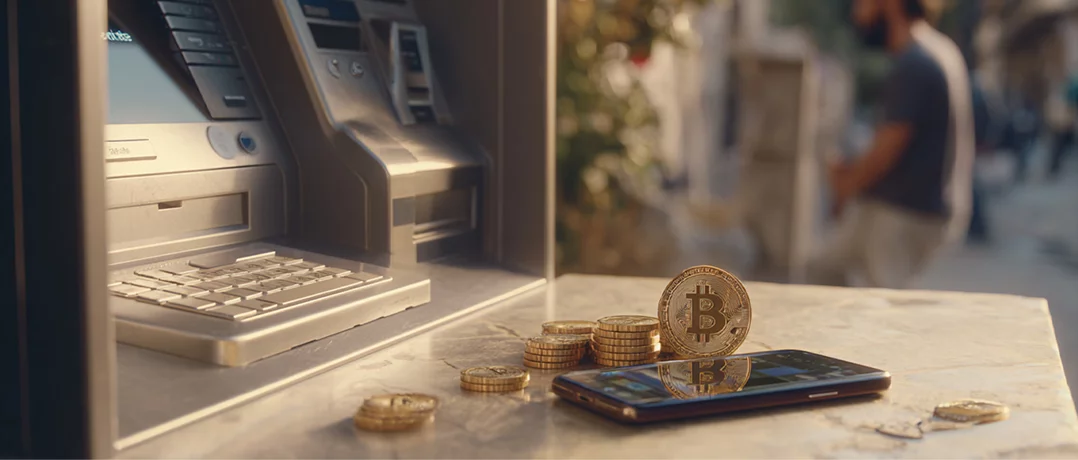Lebanon’s banks collapse: diaspora remittances and crypto sustain its fragile, evolving financial system.
Banks, diaspora, and crypto: Lebanon’s financial balancing act
Banks, diaspora, and crypto: Lebanon’s financial balancing act


Five years after its banking system imploded, Lebanon is still searching for a way forward, caught between public mistrust, reliance on its diaspora, and the rise of cryptocurrencies. These three forces now shape a fragile financial landscape where survival, innovation, and reinvention collide.
Once a beacon of regional banking expertise, Lebanon’s financial sector is now crippled by distrust. Since the 2019 meltdown, nearly $100 billion in deposits have been frozen, and over 70 percent of banking assets have lost real value. Capital flight, estimated at more than $10 billion between 2020 and 2023, has further weakened the system. Some banks have tried to recapitalize with “fresh dollars” from the Gulf and the Lebanese diaspora, but progress is slow, hindered by the absence of a clear legal framework and a comprehensive restructuring plan.
“Trust cannot be decreed, it must be rebuilt,” says one economist.
Until transparency and accountability are restored, the system will remain paralyzed.
The Diaspora: Lebanon’s Lifeline
In this climate of uncertainty, the Lebanese diaspora has become the country’s financial backbone. Remittances hit over $6.4 billion in 2024, nearly 30 percent of GDP according to the World Bank. These funds sustain families, fuel consumption, and support imports and local trade.
“Lebanon survives on the money of its children abroad,” notes a financial analyst.
It is a strength, but also a structural weakness. Without domestic investment, there is no sustainable growth.
Some hope comes from diaspora-led investment funds backing startups in technology, agriculture, and green innovation, signaling a slow shift toward productive capital.
Crypto Rising: Refuge or Risk
Amid strict capital controls and a devalued currency, many Lebanese have turned to cryptocurrencies. Lebanon now ranks among the top 20 countries worldwide for crypto transaction volume per capita according to Chainalysis. Bitcoin, Tether, and Ethereum have become tools for investment and daily transactions used by young professionals, freelancers, and small businesses. Shops in Beirut and Tripoli now accept stablecoin payments, while informal exchange networks operate alongside traditional banks.
Yet this digital economy remains largely unregulated. The Central Bank has yet to create a legal framework for digital assets, leaving a grey zone full of opportunities and risks. “Crypto will not replace banks, but it is filling the vacuum left by their collapse,” explains a fintech expert.
Crisis or Transformation
Lebanon stands at a crossroads. Rebuilding its financial foundation will require reforming the banking sector, turning diaspora funds into productive investment, and regulating the booming crypto market. Without political will and institutional transparency, these ambitions may remain on paper.
For now, the average Lebanese juggles a frozen bank account, a USDT transaction, and a money transfer from abroad, a reminder that while confidence has collapsed, resilience and ingenuity remain the country’s most valuable currencies.


